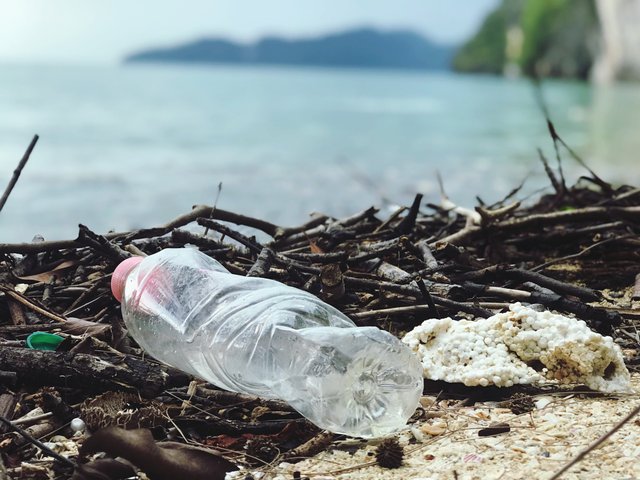
Plastic pollution is a big problem of the 21st century, and scientists are working hard to find ways to use plastic without causing long-term environmental damage. A new study describes the use of a specially developed enzyme variant that significantly reduces the time it takes for plastic items to break down.
The new enzyme variant can be used to clean up areas contaminated with plastic. In tests, products made from the polymer polyethylene terephthalate (PET) degraded within a week and in some cases within 24 hours - products that can take centuries to degrade normally under natural conditions.
"The possibilities for using this advanced recycling process in a variety of industries are endless," says chemical engineer Hal Alper of the University of Texas at Austin. "In addition to the obvious recycling industry, it also provides an opportunity for corporations in every sector of the economy to take the lead in recycling their products."
The team named the enzyme FAST-PETase (functional, active, stable and tolerant PETase). They developed an enzyme based on natural PETase that allows bacteria to degrade PET plastic, and modified it using machine learning to identify five mutations that would enable it to break down plastic faster under different environmental conditions.
Once the enzyme variant had done its job of breaking down the plastic into basic molecular units (depolymerization), the researchers showed that they could reassemble the plastic (repolymerization) using chemical processes to create new plastic products.
To search for FAST-PETase, 51 different recycled plastic containers, five different polyester fibers, and PET fabric and water bottles were tested. When testing all of these products, the enzyme variant was found to be effective at temperatures below 50 degrees Celsius.
PET is used in many types of consumer packaging, from textiles to soda bottles. By itself, it is believed to account for about 12 percent of all waste in the world. Globally, less than 10 percent of all plastics are recycled. The introduction of FAST-PETase may help with this to some extent. Researchers say it is a relatively inexpensive, portable process and is not too difficult to scale up to the required industrial scale.
Currently, the most common methods of recycling plastic are to dump it in a landfill, where it rots very slowly, or to incinerate it - which is expensive, consumes a lot of energy and fills the atmosphere with harmful gases. Clearly, alternative strategies are sorely needed, and this could be one of them.
The study was published in the journal Nature.
